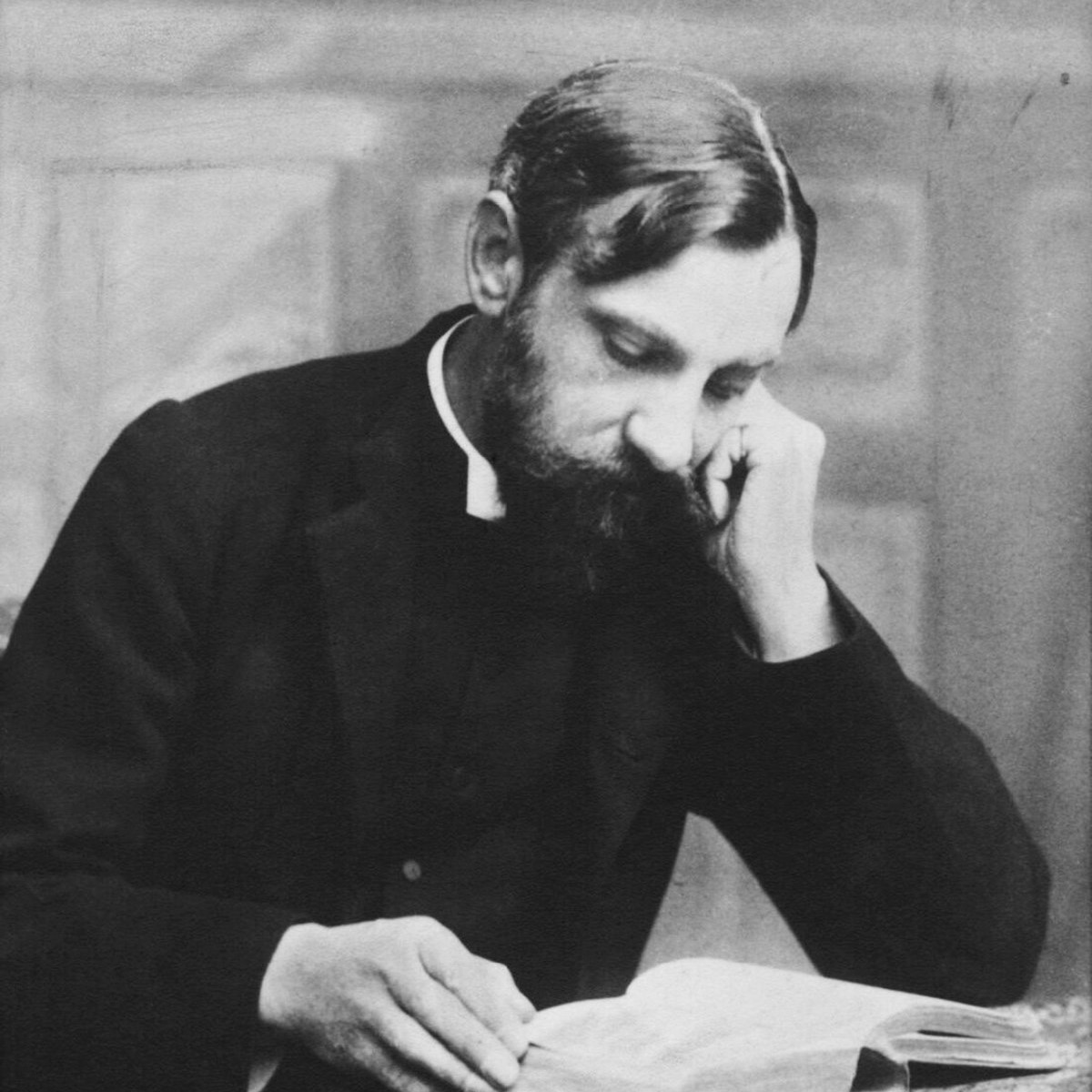A Boy's Song
With lifted feet, hands still,
I am poised, and down the hill
Dart, with heedful mind;
The air goes by in a wind.
Swifter and yet more swift,
Till the heart with a mighty lift
Makes the lungs laugh, the throat cry:—
"O bird, see; see, bird, I fly.
"Is this, is this your joy?
O bird, then I, though a boy,
For a golden moment share
Your feathery life in air!"
Say, heart, is there aught like this
In a world that is full of bliss?
'Tis more than skating, bound
Steel-shod to the level ground.
Speed slackens now, I float
Awhile in my airy boat;
Till, when the wheels scarce crawl,
My feet to the treadles fall.
Alas, that the longest hill
Must end in a vale; but still,
Who climbs with toil, wheresoe'er,
Shall find wings waiting there.
Published:
1895
Length:
Regular
Literary Movements:
Children's
Anthology Years:
2023
Themes:
Music & Sports
Nature
Literary Devices:
Dialogue
conversation between two or more people as a feature of a book, play, or movie
End Rhyme
when a poem has lines ending with words that sound the same

